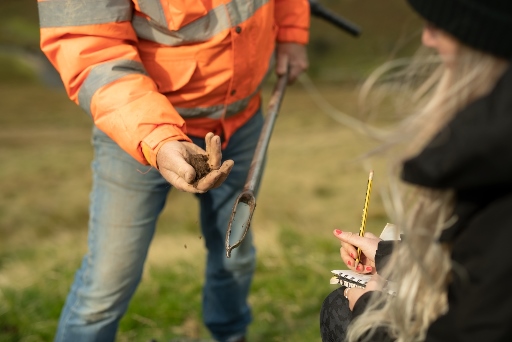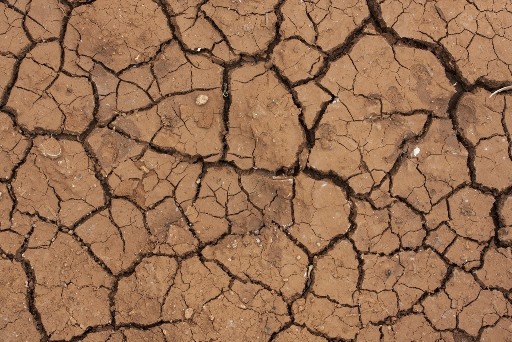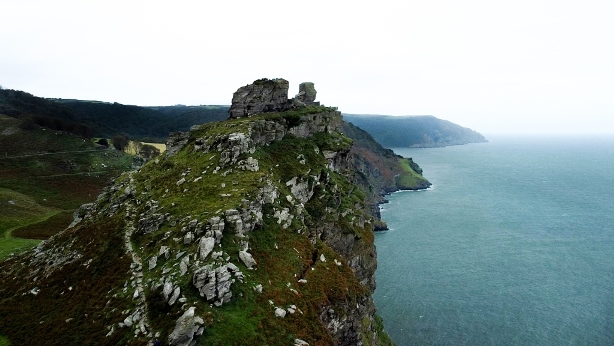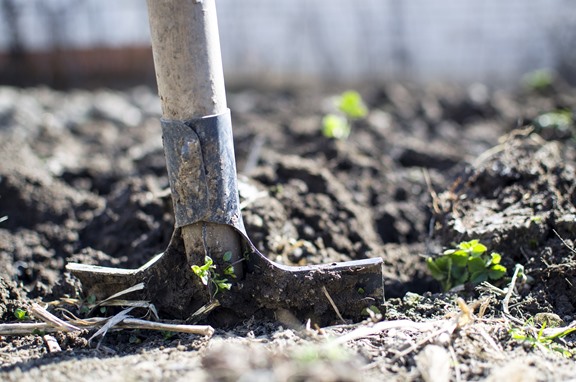World Soil Day - Where Food Begins
This post is greater than 6 months old - links may be broken or out of date. Proceed with caution!

By Ann Generlich, Marketing Consultant

Soil holds the key to our planet’s past and future and is the answer to our food, water and energy security, mitigating and adapting to climate change, the safeguarding of biodiversity, and the protection of human health. With ninety-five percent of global food produced in soils, “it represents the difference between survival and extinction for most land-based life” (Doran, 2002) and guides us, on how to live sustainably in harmony with nature.
One thing is for certain, we are at the tipping point, and the consequences of our actions, including war combined with climate change will ripple across societies worldwide, threatening our food security and health.
Healthy soils are crucial to our basic survival as well as our planet’s sustainable future.
World Soil Day 2022, “Where food begins”, aims to raise awareness of the importance of healthy ecosystems by addressing the growing challenges in soil management, increasing soil awareness and encouraging societies to improve soil health. World soil health is under pressure from 10 main soil threats, including erosion, loss of soil organic carbon and biodiversity, pollution, and salinisation.

Every year, 970 million tonnes of fertile soil are lost in the EU due to water erosion. Extreme weather events are devastating at the individual farm level, and expensive for producers, consumers and taxpayers. We can better prepare for and respond to these events, but first of all, it is essential to truly understand our soils.
Soils that are in good and healthy condition, are biodiverse, not sealed, crusted or compacted, can store more carbon, absorb water like a sponge, improve water quality and reduce runoff from cropland. In these soils water is held for longer, before seeping downwards having been purified, contributing to groundwater formation.
Soil functions play a key role in modern flood risk management and prevention:
1. Soils capacity to absorb rain (infiltration - erosion and flood protection)
2. Soils’ water storage capacity (adaptation to climate change, securing harvests)
3. Groundwater purification and recharge capacity (delivery of ground and drinking water)

Healthy soils go further, they meet the needs of a growing population, as well as global development and conservation goals for a sustainable future.
Changing farming practices and properly understanding and managing life in soil is a long-term investment and the essence for maintaining soil health. Simply increasing soil organic matter alone improves moisture holding capacity and soil structure, so when it rains, more of it soaks into the ground, reducing flooding. For every one percent of organic matter, the soil can hold 75,000 litres of plant-available water per acre of soil down to 30cm deep.
Much like a healthy person having a stronger immune system, healthy soils are less susceptible to impacts from climate change and extreme weather events and are better able to recover afterwards.
With unprecedented and growing demands for food, water and energy, there is an urgent need to address the challenges of climate change and land degradation, whilst protecting soil as a natural resource. But to do so, we must recognise and acknowledge the economic and ecological damage extreme weather events cause and develop policies and best practices to prepare for, recover from and mitigate their impacts.

We need to come together, create knowledge, share experiences, shape agendas and find workable solutions to conserve our soils. Only if we transform the way we eat, farm and care for our natural world can we create a sustainable future for all. Every single one of us can make a difference. Come and join us. There is #OnlyOneEarth and definitely #NoPlanetB.
The British Society of Soil Science, who we are and what we do
Founded in 1947, the British Society of Soil Science (BSSS) is an international membership organisation and charity dedicated to bring people together, share evidence-based data on soil, create knowledge and improve education to help address global challenges and environmental and societal needs.
We invest in a future for everyone and are the go-to organisation for the media, policymakers, government, stakeholders and educators on all soil science related issues.
British Society of Soil Science, Cranfield University, Building 42A, Room GO6, Cranfield, Bedfordshire MK43 0AL
E: media@soils.org.uk W: www.soils.org.uk
More from British Society of Soil Science